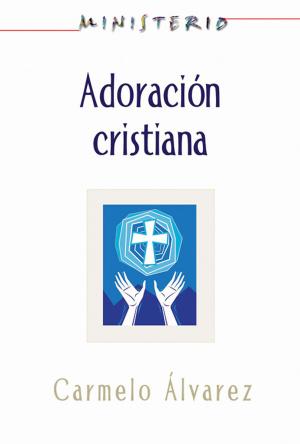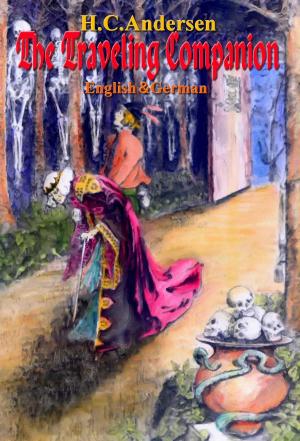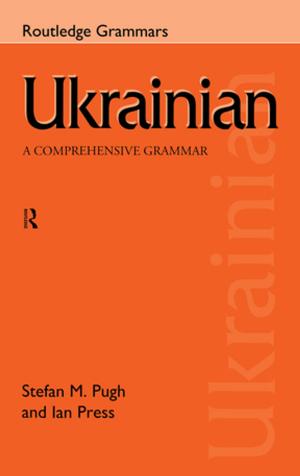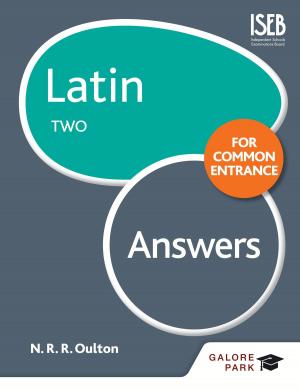| Author: | Chingiz Aitmatov, James Riordan | ISBN: | 9780993252945 |
| Publisher: | Aitmatov Academy | Publication: | March 14, 2017 |
| Imprint: | BookBaby | Language: | English |
| Author: | Chingiz Aitmatov, James Riordan |
| ISBN: | 9780993252945 |
| Publisher: | Aitmatov Academy |
| Publication: | March 14, 2017 |
| Imprint: | BookBaby |
| Language: | English |
Aitmatov is an enigma. For a start he is not Russian, but Kirgiz. Yet he has gained distinction through the medium of Russian. He writes not one but two versions of each work: first in Kirgiz, then in Russian, sometimes under a different title and in a different version, in the manner of Conrad, Nabokov and Narayan He is at once both liberal and conservative; he has been embraced by the Soviet establishment from Khrushchov to Brezhnev, Andropov to Gorbachov. Brezhnev, in fact, once set him alongside Gorky, Mayakovsky, Sholokhov and Alexey Tolstoy as essential reading for young people. He has received the supreme accolade of Lenin Prize for Literature (1963) as well as the State Prize (1968). He was a leading figure in the USSR Writer’s Union, he has headed the Kirgiz Filmmakers’ Guild for 25 years, was a member of the parliament and a Party member; he has been a delegate to the last five Party congresses and a Pravda correspondent. He was on the editorial boards of the two leading Soviet literature journals: Novy Mir and Literaturnaya Gazeta, and the editor of Druzhba Narodov. He was admired by liberals for his outspoken, daring, innovatory work, his bitter criticism of Stalinism, his airing of taboo subjects like drug addiction, army deserters, women’s infidelity and national conflicts in erstwhile Islamic communities, his religious sympathies ( Christian of all things), his anti-bureaucracy, his championing of individual and personal values, his defence of non-Russian ethnic culture and traditions, and his semi-independent international peace initiatives (hosting the ‘Issyk-Kul’ discussion forum in his native Kirgizia, with presence of such notables like Arthur Miller, Claude Simon and Sir Peter Ustinov). The eminent Hungarian philosopher and literary critic George Lukács not only saw in his work hope for a renaissance of Russian Literature and a return to human and artistic perspectives, but felt that his social criticism of the ‘brutal, bureaucratic manipulation of the Stalinist system….was far more powerful than that expressed by Solzhenitsyn.’ There is no doubt that in being a member of a national minority, and a recently backward one at that, he was able in the pre-Gorbachov years to take more liberties than Slavic writers. Today he capitalizes on that status by being one of the leading proponents of Gorbachov’s openness and democratization policies. Aitmatov also transcends the relatively parochial confines of Kirgiz and Soviet writing by creating works of universal artistic merit and relevance. Some fifty years ago, his first major work won him the admiration of the French writer Louis Aragon who helped rescue him from literary obscurity. Aragon had come by chance upon a Russian version of ‘Jamilia’ in the August 1958 edition of Novy Mir and wrote in astonishment of how, ‘Somewhere in Central Asia at the outset to the latter part of the twentieth century a young man could write a story that, I swear to you, is the most beautiful love story in the world.’
Aitmatov is an enigma. For a start he is not Russian, but Kirgiz. Yet he has gained distinction through the medium of Russian. He writes not one but two versions of each work: first in Kirgiz, then in Russian, sometimes under a different title and in a different version, in the manner of Conrad, Nabokov and Narayan He is at once both liberal and conservative; he has been embraced by the Soviet establishment from Khrushchov to Brezhnev, Andropov to Gorbachov. Brezhnev, in fact, once set him alongside Gorky, Mayakovsky, Sholokhov and Alexey Tolstoy as essential reading for young people. He has received the supreme accolade of Lenin Prize for Literature (1963) as well as the State Prize (1968). He was a leading figure in the USSR Writer’s Union, he has headed the Kirgiz Filmmakers’ Guild for 25 years, was a member of the parliament and a Party member; he has been a delegate to the last five Party congresses and a Pravda correspondent. He was on the editorial boards of the two leading Soviet literature journals: Novy Mir and Literaturnaya Gazeta, and the editor of Druzhba Narodov. He was admired by liberals for his outspoken, daring, innovatory work, his bitter criticism of Stalinism, his airing of taboo subjects like drug addiction, army deserters, women’s infidelity and national conflicts in erstwhile Islamic communities, his religious sympathies ( Christian of all things), his anti-bureaucracy, his championing of individual and personal values, his defence of non-Russian ethnic culture and traditions, and his semi-independent international peace initiatives (hosting the ‘Issyk-Kul’ discussion forum in his native Kirgizia, with presence of such notables like Arthur Miller, Claude Simon and Sir Peter Ustinov). The eminent Hungarian philosopher and literary critic George Lukács not only saw in his work hope for a renaissance of Russian Literature and a return to human and artistic perspectives, but felt that his social criticism of the ‘brutal, bureaucratic manipulation of the Stalinist system….was far more powerful than that expressed by Solzhenitsyn.’ There is no doubt that in being a member of a national minority, and a recently backward one at that, he was able in the pre-Gorbachov years to take more liberties than Slavic writers. Today he capitalizes on that status by being one of the leading proponents of Gorbachov’s openness and democratization policies. Aitmatov also transcends the relatively parochial confines of Kirgiz and Soviet writing by creating works of universal artistic merit and relevance. Some fifty years ago, his first major work won him the admiration of the French writer Louis Aragon who helped rescue him from literary obscurity. Aragon had come by chance upon a Russian version of ‘Jamilia’ in the August 1958 edition of Novy Mir and wrote in astonishment of how, ‘Somewhere in Central Asia at the outset to the latter part of the twentieth century a young man could write a story that, I swear to you, is the most beautiful love story in the world.’















